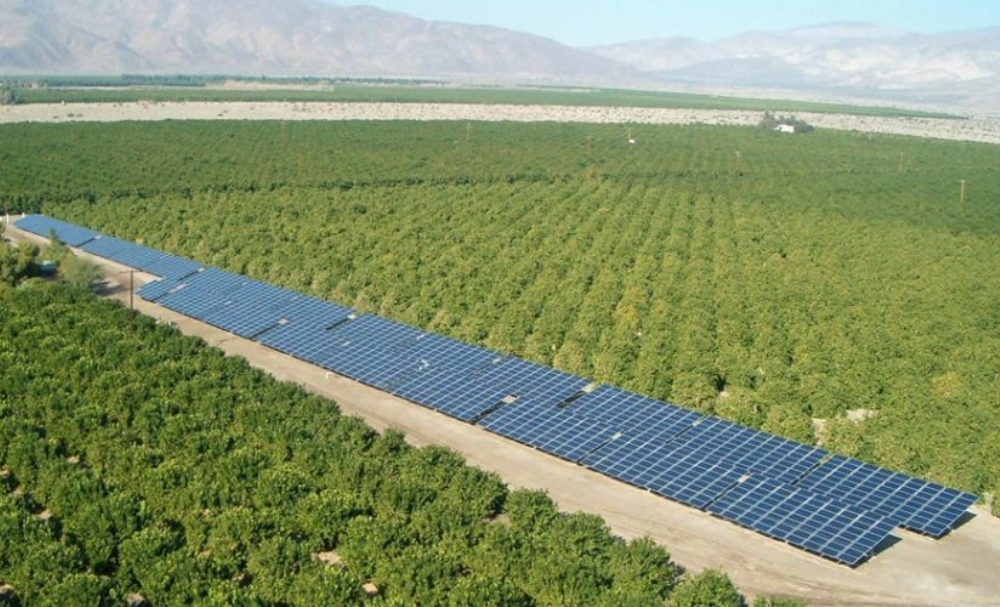A new study by researchers at the Kwame Nkrumah University of Science and Technology (KNUST), Kumasi has shown that solar-powered drip irrigation systems can supply up to 92.6% of the water requirements for a 1-hectare bean farm in Kaleo, Upper West Region.
This offers a viable, cost-effective solution to the persistent water and fuel challenges faced by smallholder farmers in Ghana.
Published in the Journal of Engineering, the research demonstrates that the solar photovoltaic (PV) pumping system is not only technically efficient but also financially attractive, with a payback period of just 1.3 years.
The study, led by Professor David Ato Quansah, involved the design, simulation, and economic analysis of an integrated solar PV and drip irrigation system.
The findings provide a blueprint for sustainable agricultural practices that align clean energy innovations with food security goals. The researchers argue that widespread adoption of such systems could significantly improve the livelihoods of smallholder farmers while advancing environmental sustainability.
To accelerate adoption, the authors urged government and development partners to introduce financial support mechanisms, including subsidies and incentives for locally manufactured components. Such measures, they argue, could make solar-powered farming more accessible across Ghana.
Co-authors of the study include Dr. William Amponsah and Abdul-Rahim Bawa.

















